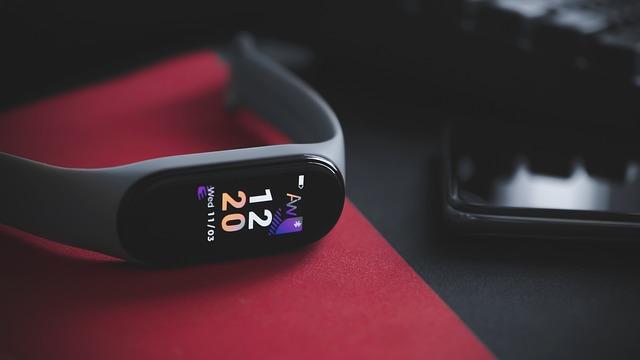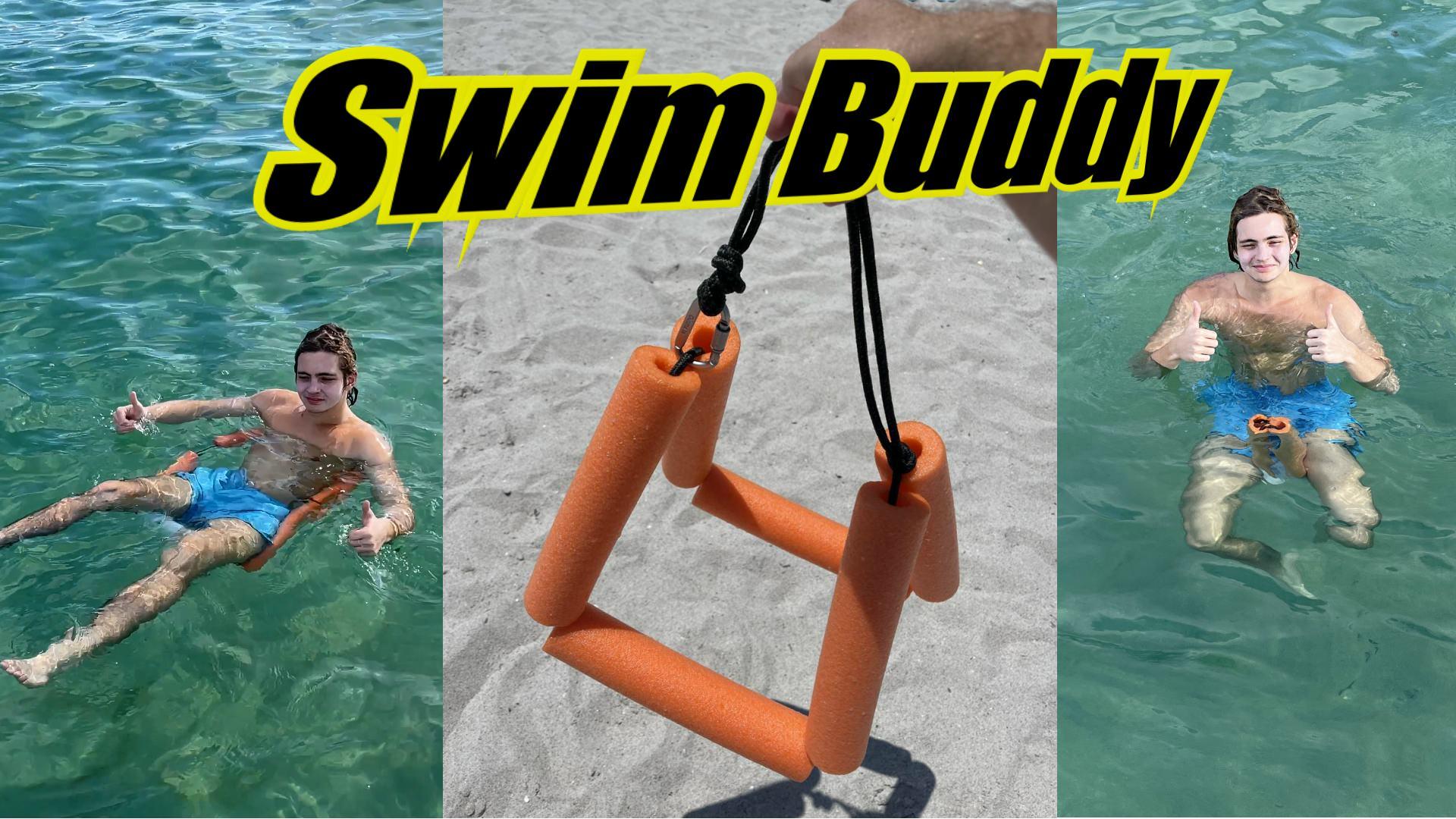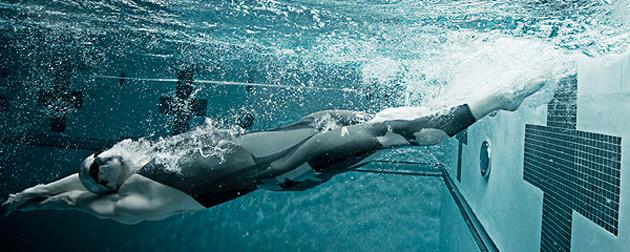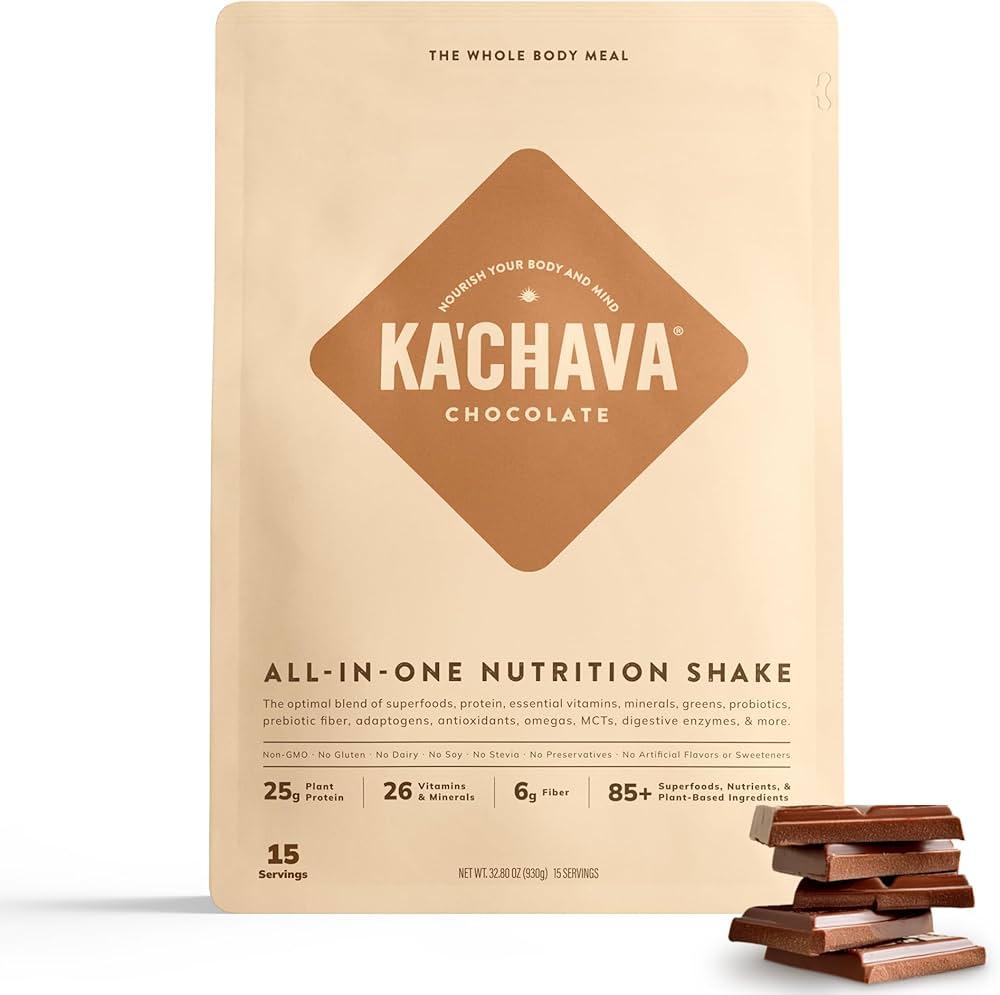In a world where fitness routines often collide with the unpredictability of the great outdoors,the search for durable,reliable gear is more critical than ever. As fitness enthusiasts increasingly embrace water-based activities, the demand for waterproof fitness trackers has surged. These devices promise to not only withstand the splashes and waves but also to deliver accurate performance metrics even in the depths of the pool or the wide expanse of the open water. But how many of these so-called waterproof fitness trackers truly live up to thier claims when faced with the reality of real swims? In this article, we dive deep into the waters of fitness technology, ranking the moast popular models based on their performance in aquatic environments. Join us as we explore which trackers can handle the pressure and which ones sink under it.
Top Waterproof Fitness Trackers for Serious Swimmers
For swimmers who take to the water regularly, finding a waterproof fitness tracker that accurately measures performance and withstands rigorous conditions is paramount. Several models on the market have risen to the occasion, delivering features tailored for aquatic athletes. These devices not only track distance and lap counts but also monitor heart rate and stroke efficiency, providing comprehensive feedback essential for betterment. Key players worth considering include:
- Garmin Swim 2: Specifically designed for pool and open-water swimming, it boasts advanced swim metrics.
- Amazfit Bip U Pro: A versatile tracker with a swim-proof design and a range of health-monitoring features.
- Fitbit Charge 5: Offers a sleek profile and reliable swim tracking, making it a popular choice among fitness enthusiasts.
To further illustrate the standout features of these trackers, here’s a quick comparison:
| Tracker | Water Resistance Rating | Key Features | Battery life |
|---|---|---|---|
| Garmin Swim 2 | 5 ATM | Distance, SWOLF, stroke count | Up to 7 days |
| Amazfit Bip U Pro | 5 ATM | Heart rate, sleep tracking | Up to 9 days |
| Fitbit Charge 5 | 5 ATM | Built-in GPS, stress management | Up to 7 days |

Key Features to consider When Choosing Your Swim Companion
When selecting a device to accompany you in the water,it’s essential to assess several key features that can enhance your swimming experience. Look for swim tracking capabilities, which should accurately monitor your laps, distance, and stroke count. Additionally, consider the water resistance rating; devices with a minimum of 5 ATM (50 meters) are generally safe for swimming pool or open water use. Other elements that contribute to usability include the size of the display and battery life, as a longer-lasting battery means fewer interruptions during your workouts.
Another crucial aspect is integrated swim metrics; some trackers provide advanced analytics such as swim efficiency, pacing, and rest intervals, which can help optimize your training sessions. Synchronization compatibility with fitness apps is also worth noting, as this allows for seamless data transfer and better progress tracking. Moreover, if you’re concerned about aesthetics, look for designs that suit your style without sacrificing functionality. Always remember to read reviews to gauge real-world performance and reliability from fellow swimmers.

Performance Evaluation: How These Trackers Handle water Resistance
When it comes to evaluating how fitness trackers handle water resistance, it’s essential to dissect the specifications and real-world performance. Each device typically comes with a water resistance rating, measured in ATM (atmospheres), meters, or IP (Ingress Protection) ratings. IP68 and 5 ATM ratings denote strong waterproof qualities, suggesting the tracker can withstand depths of about 1.5 meters to 5 meters for a specified time. Though, superficial features can sometiems mask performance discrepancies when immersed in water. During actual swim tests, factors like the material of the bands and the design of the case contribute substantially to their durability and usability underwater.
Practical evaluations demonstrate varied results across different models. Some standout traits include:
- Accuracy in Swimmer Tracking: Devices exceeding 50 meters usually excel and provide precise lap counts, stroke metrics, and SWOLF scores.
- Post-Swim Syncing: It’s crucial for fitness trackers to efficiently sync data with mobile apps after swimming sessions, which some models struggle with due to water logs disrupting connectivity.
- User Comfort: Trackers that feature ergonomic designs typically fare well, preventing discomfort or wear and damage during extended periods in the water.
| Tracker model | Water Rating | Swim Features |
|---|---|---|
| Model A | 5 ATM | Lap Tracking, Stroke Detection |
| Model B | IP68 | SWOLF, Distance Tracking |
| Model C | Water Resistant | Basic Metrics |

User Experiences: Real-Life Feedback from Water enthusiasts
Water enthusiasts have put various waterproof fitness trackers to the test, sharing their unique experiences that can help others make informed choices. Many users have praised the Garmin Swim 2 for its robust swim tracking capabilities. They noted how the device remained fully functional during long swims, capturing lap times and stroke count with impressive accuracy. Compliments poured in regarding its sleek design and cozy fit, allowing users to focus solely on their performance rather than worrying about the device. Conversely, several swimmers expressed frustration with older models like the Fitbit Charge 3, which they claimed failed to deliver on its waterproof promises. Reports of condensation inside the display after aquatic workouts were common, leaving users disappointed and wary of the brand’s reliability in a wet habitat.
Beyond functionality, feedback also centered around user experience after exiting the water. Many highlighted the Apple Watch Series 6 for its quick transition from swim mode to gym workouts, seamlessly syncing their data and providing quick access to heart rate stats.Others noted that the Samsung Galaxy Watch Active 2 stood out for durability, showcasing resilience against saltwater exposure during ocean swims. In contrast, some users found the buttons on the Polar Vantage V cumbersome when wet, impacting their ability to navigate through settings efficiently. This intricate tapestry of real-life usage underscores the diverse needs of water sports enthusiasts and the importance of selecting a tracker that can withstand the rigors of aquatic life while still delivering performance and convenience.
In Retrospect
As we dive deeper into the world of waterproof fitness trackers, it becomes clear that not all devices are created equal. With an array of options promising durability and precision,the challenge lies in discerning which models truly stand up to the rigors of real swimming conditions. From rigorous laps in the pool to spontaneous seaside adventures,the right tracker can enhance your fitness journey and elevate your experience in the water.
In this ranking,we’ve navigated through the top contenders to help you make an informed choice that complements your aquatic ambitions. Whether you’re a casual swimmer or a dedicated athlete, the right waterproof fitness tracker is out there waiting to accompany you on your next splash. Remember, the best tracker is not just about surviving the water; it’s about thriving in it. Choose wisely, and may your fitness goals propel you to new depths—both in and out of the water. Happy swimming!


